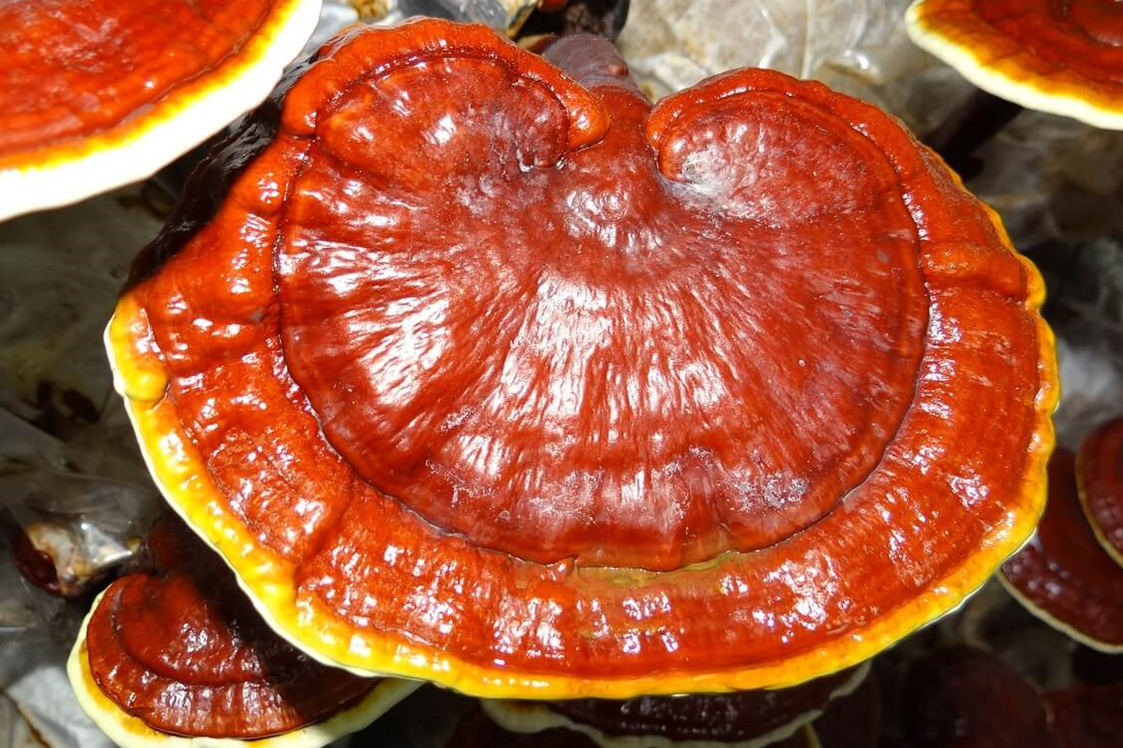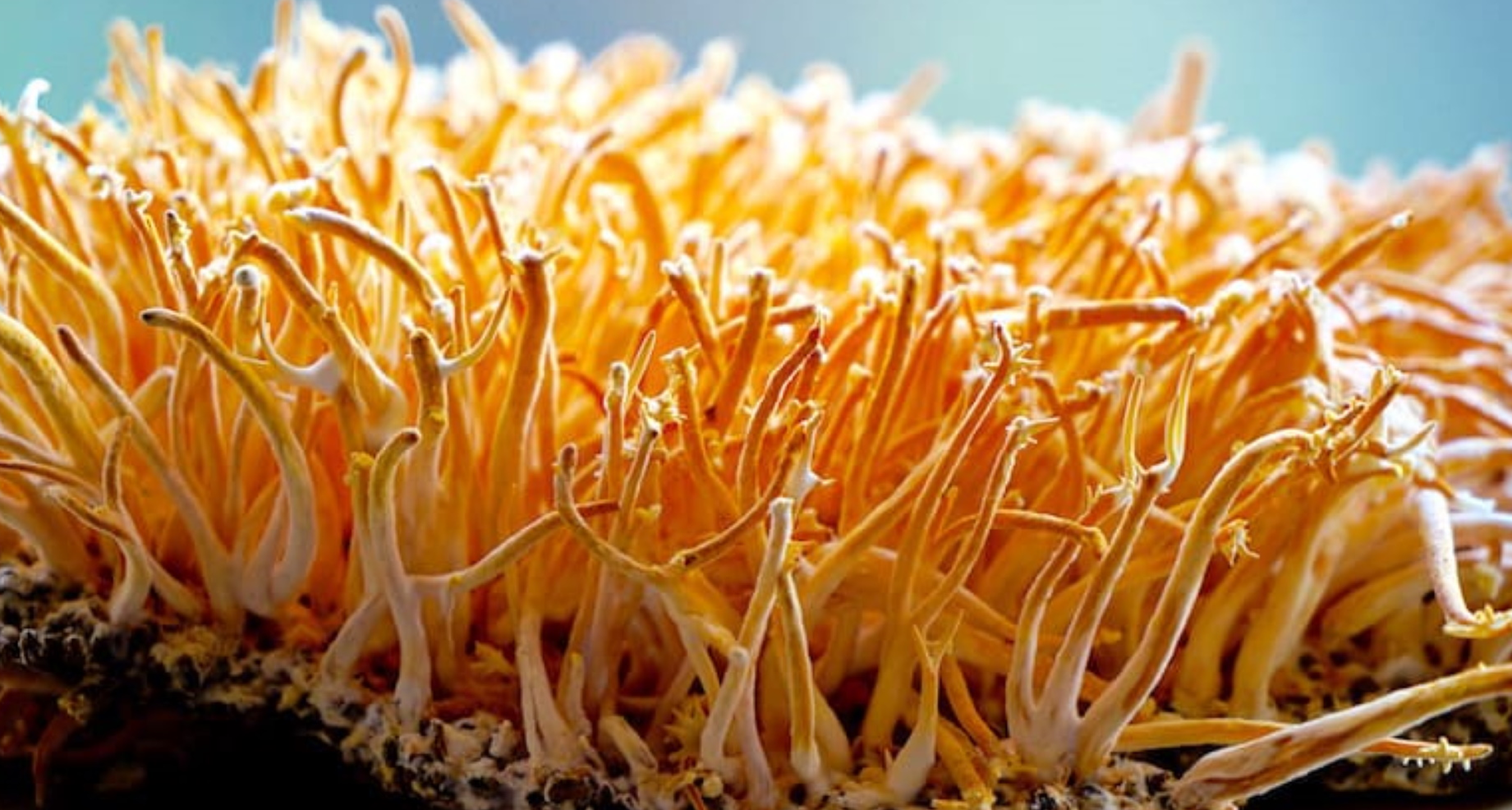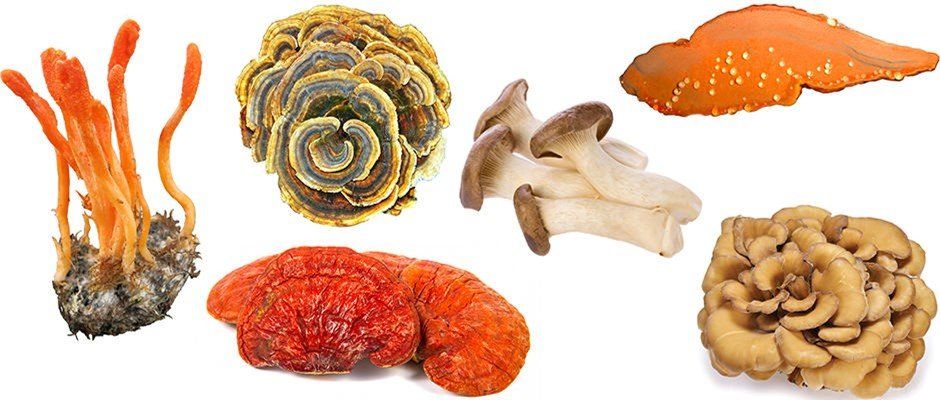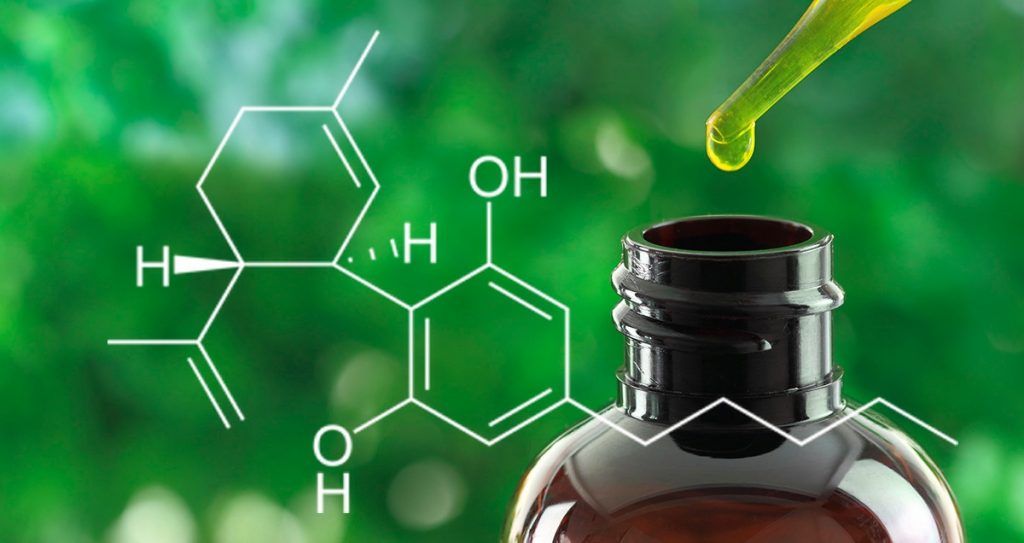CBD & Menopause
You don't just have to suffer through it
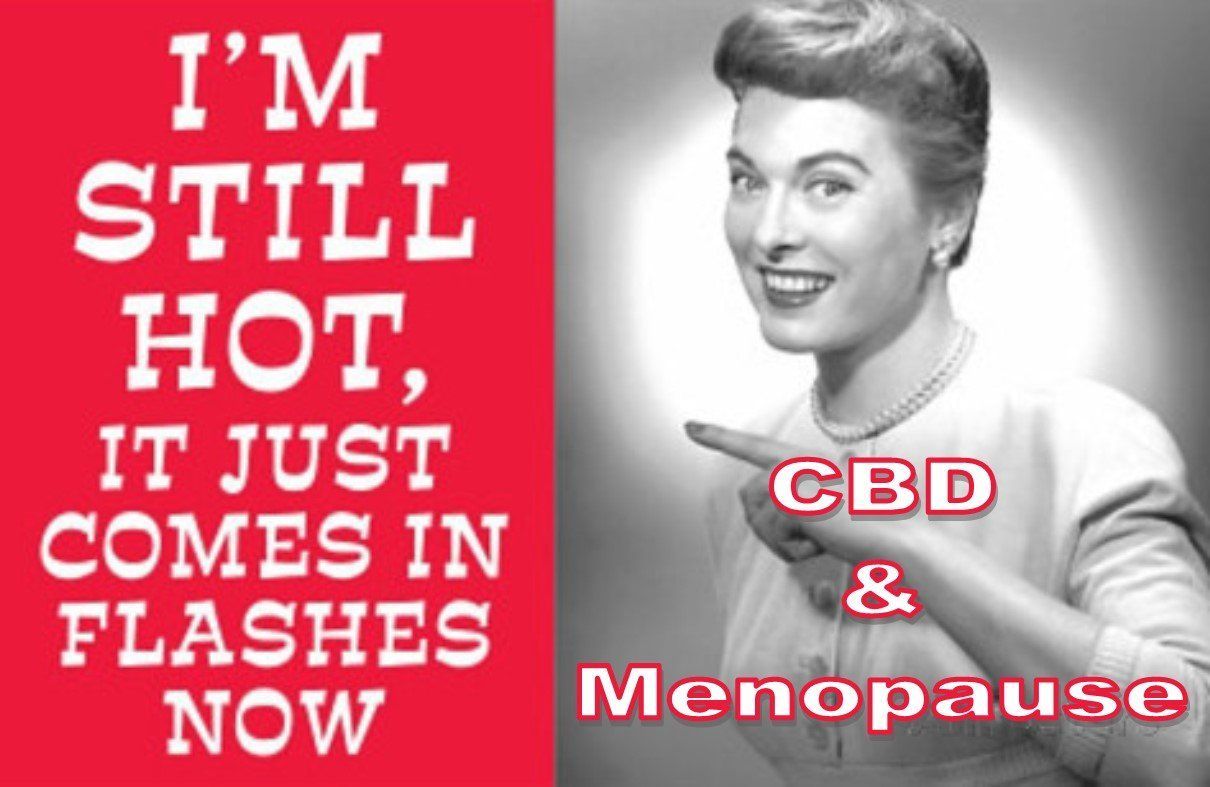
Menopause, "The Change, Birth of the Crone, Feminine Maturity.... Whatever you call it, menopause can be miserable for you and everyone around you. If you have been through it, it can seem hard to believe that it is celebrated in so many cultures Millions of women a day enter menopause and all the delightful symptoms that accompany it. Even though it may not feel like it sometimes, we will survive it. Let's take a look at the stages of menopause, the many symptoms, some habits to employ to manage symptoms, and how CBD can help! Strap yourself in, this is gonna be an info packed article.
What are the stages of menopause?
Menopause comes in 3 stages (because one would just be too easy), and can vary wildly from woman to woman.
- Perimenopause - This refers to the time leading up to menopause and can last anywhere from 8 to 10 years for some women. I will list symptoms in more detail later, but during perimenopause your levels of estrogen rise and fall unevenly causing hot flashes, irregular periods, sleep disturbance, vaginal dryness, mood swings etc.
- Menopause - This refers to the time where you have reached the end of your menstrual cycle. If you have been without a period for at least a year, you are considered in menopause. Some of the symptoms in this stage can begin to subside, but for some women other symptoms can begin or worsen.
- Postmenopause - This refers to the time after your periods have stopped for over a year. Persisting symptoms during this phase is known as post-menopausal syndrome.
What are the symptoms of menopause?
There are many symptoms that women experience to varying degrees. Some of these symptoms can present years before menopause during the perimenopause phase and some can last for years after during the postmenopause phase. The wild fluctuations in hormones during menopause can trigger a variety of these symptoms which include:
- Hot flashe s: These are probably the most well known symptom of menopause and affect typically half of all menopausal women. It presents as an intense heat, typically a feeling in the trunk of the body that spreads throughout the body and can cause flushing.
- "Electric shock" sensation : Many women experience a feeling of shock in various parts of the body. It sort of feels like someone snapped you with a rubber band and is many times a precursor to hot flashes.
- Mood swings, depression, anxiety, & panic attacks : These can be very extreme and can last for weeks at a time. The change in hormones can have an intense impact on the brain and neurotransmitters, making it difficult for these transmitters to regulate the centers of the brain responsible for calm, pain, pleasure, etc. This can be as mild as being moody or as intense as full on panic disorder.
- Night sweats : Who loves waking up with the feeling that you are right next to a fire in soaking wet clothes? No? Me either... The hormonal imbalance can trick your brain into believing that the body is in need of cooling, triggering sweat to cool the body. Super fun stuff.
- Vaginal Dryness : This occurs because the loss of estrogen causes a significant decline in the natural lubrication and can make sexual intercourse difficult and painful. Many times using a water based lubricant can help alot.
- Urinary tract & yeast infection : The vaginal dryness throws off your Ph balance and causes changes in your "good bacteria" which can lead to an increase in UTI and yeast infection.
- Loss of libido : Some women experience a complete loss of libido during menopause, sometimes this can be caused by pain during sex due to the lack of natural moisture... other times it can be the perfect storm of mood swings, depression, etc. taking it's toll on a relationship. It is important to realize that this is natural and many things can be done to restore a healthy sex life.
- Weight gain : Another delightful little nugget. The hormonal changes experienced during menopause cause women to gain weight, especially in the middle, and can diminish lean body mass & muscle. Exercise and dieting can be less productive than it was pre-menopause.
- Fatigue & sleep disorder : Insomnia can be caused by many other symptoms of menopause. Anxiety & depression, night sweats, and nightmares (even as serious as night terrors) can interrupt sleep.
- Thinning hair and brittle nails : Hair and nails need estrogen to stay healthy & strong. A decrease in estrogen can cause nails to become brittle and hair to fall out or change texture
- Skin issues : The change in hormones causes collagen production to decrease, causing the skin to become dry, thin and itchy. Women may also notice a change in body odor due to the increased production of sweat.
- Incontinence : Lower estrogen levels can cause the urethra to thin out, causing incontinence. Most women experience 2 types of incontinence. Stress incontinence occurs when the pelvic floor muscles are weakened where you might leak a little when you laugh or sneeze. Another common incontinence is overflow incontinence where you have lost the sensation of having a full bladder & without this brain/bladder communication, accidental urination can occur.
- Osteoporosis : Bone density relies on estrogen, as this drops many women see a decrease in bone density making the chances much higher for a break. You can maintain your bone density by taking a good calcium supplement, weight bearing exercise, and eating a healthy diet with plenty of plant based foods.
How can CBD help with menopause?
Decreasing estrogen causes all sorts of imbalance in our bodies. Everything from mood to bone density is impacted by estrogen. There is no stopping menopause, it's a part of every woman life at some time or another but being proactive can for sure help. In my opinion of course everyone should use this amazing little plant for overall health, and women over 30 could decrease the intensity of menopause symptoms throughout the whole process. Let's take a look at just a few of the key symptoms and how CBD can help.
- Mood Swings: The changes in hormones greatly impact seratonin and other neurotransmitters and cause big changes in our neurochemistry. CBD interacts with your Endocannabinoid receptors as well as other neurotransmitters in the brain, helping your brain chemistry to achieve a more balanced state.
- Bone Loss and Osteoporosis: As we enter perimenopause our bodies start throwing chemical signals to increase bone resorption and inflammation. CBD helps to lower inflammatory TNFa levels that lead to bone loss.
- Night Sweats and Hot Flashes: Our temperature control system resides in the hypothalamus of the brain. The big changes in hormones during menopause can cause this system to misfire a bit. Even small changes in temperature can trigger this system to believe that it needs to turn on the bodys cooling system, causing increased sweating and feelings of intense heat. Many doctors will prescribe an SSRI for hot flashes and again CBD has an impact on the brains seratonin system which could help.
- Joint & Body Pain: Without estrogen, our bodies produce more inflammatory chemicals such as TNFa. This translates to many many women developing joint and muscle pain during and after menopause. CBD has proven anti-inflammatory properties and also helps lower your levels of TNFa.
- Vaginal Dryness & Bladder Control: Estrogen helps keep balance in blood flow to the pelvic region. After menopause that blood flow is more restricted and less oxygen is delivered to those tissues reducing the elasticity and overall tissue health. All women should take good care of their pelvic region, but after menopause it is especially important to keep a healthy blood flow. Many of my menopausal customers who suffer from this like to use CBD suppositories.Read more about sexual health after menopause here.
No matter what stage of life you are in, you should always be thinking of and taking care of all of your lady parts to maintain a healthy and happy body.




